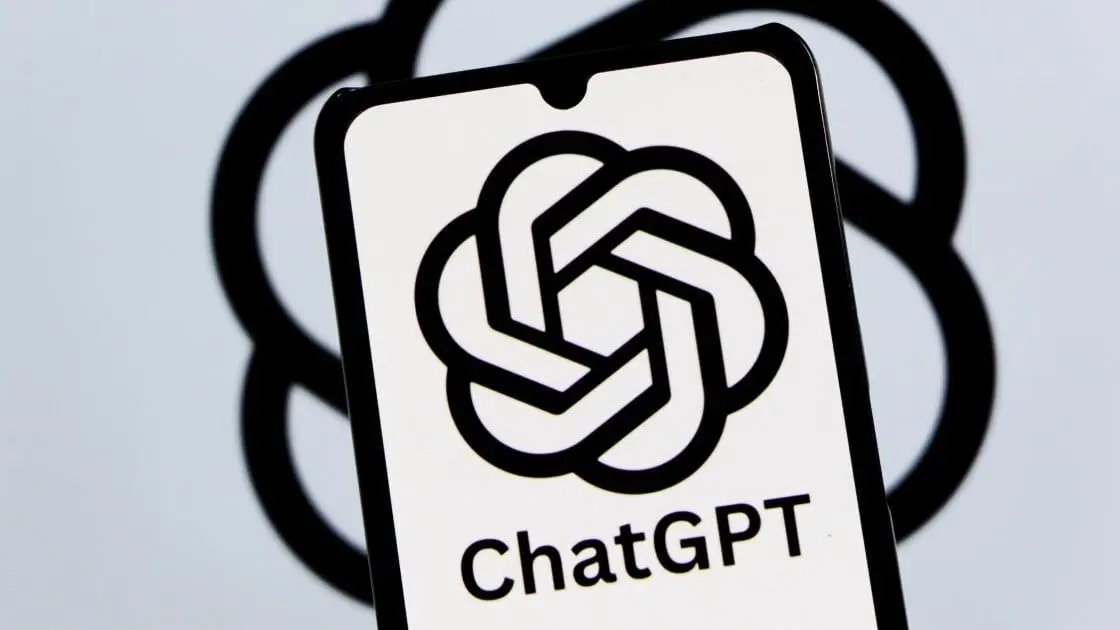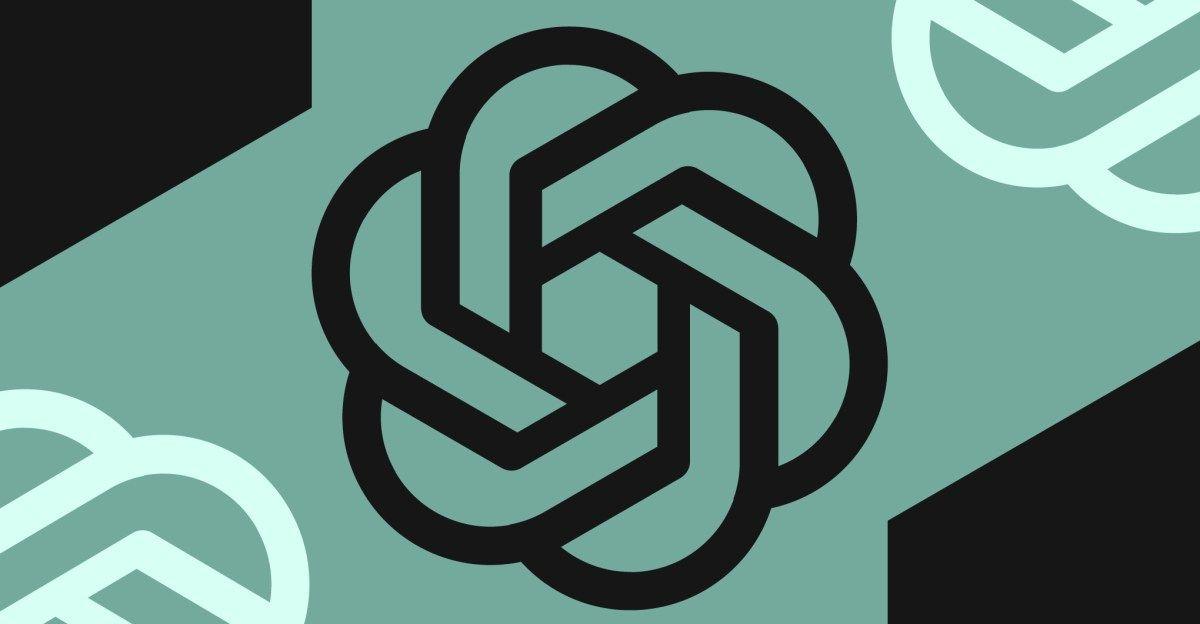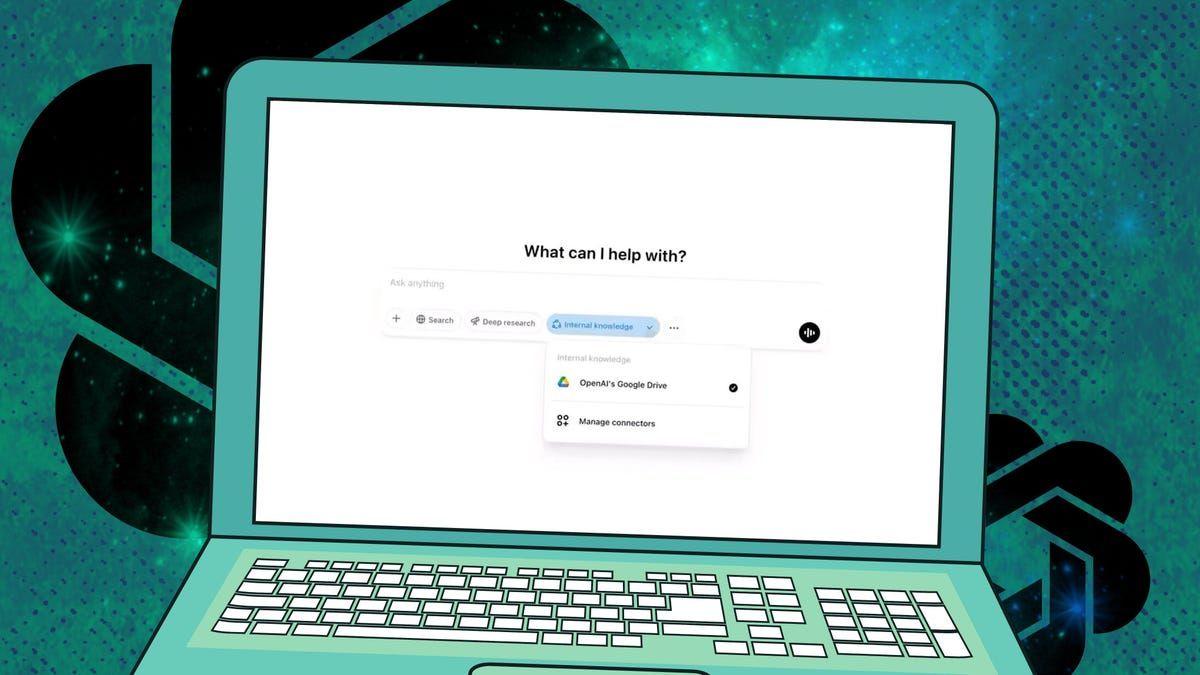ChatGPT's Deep Research Tool Integrates GitHub for Enhanced Code Analysis
3 Sources
3 Sources
[1]
ChatGPT's deep research tool gets a GitHub connector to answer questions about code | TechCrunch
OpenAI is enhancing its AI-powered "deep research" feature with the ability to analyze codebases on GitHub. On Thursday, OpenAI announced what it's calling the first "connector" for ChatGPT deep research, the company's tool that searches across the web and other sources to compile thorough research reports on a topic. Now, ChatGPT deep research can link to GitHub (in beta), allowing developers to ask questions about a codebase and engineering documents. The connector will be available for ChatGPT Plus, Pro, and Team users over the next few days, with Enterprise and Edu support coming soon, according to an OpenAI spokesperson. The GitHub connector for ChatGPT deep research arrives as AI companies look to make their AI-powered chatbots more useful by building ways to link them to outside platforms and services. Anthropic, for example, recently debuted Integrations, which gives apps a pipeline into its AI chatbot Claude. OpenAI years ago offered a plugin capability for ChatGPT, but deprecated it in favor of custom chatbots called GPTs. "I often hear that users find ChatGPT's deep research agent so valuable that they want it to connect to their internal sources, in addition to the web," OpenAI Head of Business Products Nate Gonzalez wrote in a blog post on LinkedIn. "[That's why] today we're introducing our first connector." In addition to answering questions about codebases, the new ChatGPT deep research GitHub connector lets ChatGPT users break down product specs into technical tasks and dependencies, summarize code structure and patterns, and understand how to implement new APIs using real code examples. There's a risk that ChatGPT deep research hallucinates, of course -- no AI model in existence doesn't confidently make things up sometimes. But OpenAI is pitching the new capability as a potential time saver, not a replacement for experts. An OpenAI spokesperson said ChatGPT will respect an organization's settings so users only see GitHub content they're already allowed to view and codebases that've been explicitly shared with ChatGPT. OpenAI has been investing in its tooling for assistive coding, recently unveiling an open source coding tool for terminals called Codex CLI and upgrading the ChatGPT desktop app to read code in a handful of developer-focused coding apps. The company sees programming as a top use case for its models. Case in point, OpenAI has reportedly reached an agreement to buy AI-powered coding assistant Windsurf for $3 billion. In other OpenAI news on Thursday, the company launched fine-tuning options for developers looking to customize its newer models for particular applications. Devs can now fine-tune OpenAI's o4-mini "reasoning" model via a technique OpenAI calls reinforcement fine-tuning, which uses task-specific grading to improve the model's performance. Fine-tuning has also rolled out for the company's GPT-4.1 nano model. Only verified organizations can fine-tune o4-mini, according to OpenAI. GPT-4.1 nano fine-tuning, meanwhile, is available for all paying developers. OpenAI began gating certain models and developer features behind verification, which requires organizations to submit an ID and other identity documents, in April. The company claims that it's necessary to prevent abuse.
[2]
ChatGPT Deep Research can now connect to GitHub
The beta test of this integration stars this week for three paid tiers. ChatGPT is bringing its service directly into GitHub's developer ecosystem. This integration is beginning a beta test this week, with ChatGPT Plus, Pro and Team users the first to receive access over the coming days. Members of the Enterprise and Edu plans will get a chance to try it out "soon." Users can grant the AI assistant access to select code repositories and ask questions about their contents that ChatGPT will answer with cited reports. Programmers have been a notable audience for AI assistants. A tool like ChatGPT can quickly review code and see where you've left a bracket unclosed or explain why a function isn't working, so looping the chatbot directly into GitHub could streamline the process. Plus, Microsoft owns GitHub and the company has made extensive investments into OpenAI. When OpenAI initially announced Deep Research, the analysis-focused application of the AI chatbot required a Pro plan to use. In February, the company opened it up to of ChatGPT.
[3]
ChatGPT's Deep Research Feature Can Now Connect With GitHub Repositories
Users can enable GitHub after sending a prompt to Deep Research ChatGPT is getting a new feature that will enable users to connect their GitHub repository with the chatbot. Announced last week, the new feature is part of the Deep Research agent. OpenAI said the new feature will allow the artificial intelligence (AI) chatbot to prepare comprehensive reports based on the user's and others' repositories. Currently, the San Francisco-based AI firm is rolling out the feature to only the paid subscribers of the platform. Notably, it can take up to five minutes before a newly created or edited repository begins showing up in the Deep Research GitHub connector. In a post on X (formerly known as Twitter), the official handle of OpenAI Developers announced the rollout of the new feature. ChatGPT's Deep Research with GitHub is available globally to Team users. All Plus and Pro subscribers will also get the feature, except those in the EEA, Switzerland, and the UK. The account also shared a video demo of the feature. Based on that, the eligible users will first have to ask Deep Research a query. Then they will see a new GitHub connection button, tapping which will give the chatbot access to the user's, as well as any other third-party public repository. "Ask a question and the deep research agent will read and search the repo's source code and PRs, returning a detailed report with citations," OpenAI said. In its support pages, the AI firm highlighted that the feature is currently in beta, and GitHub's terms and conditions will apply. When Deep Research connects to GitHub, it lets ChatGPT pull live data from repositories, including code, Readme files, and other documents. The chatbot can also analyse the data to provide insights about the content. Notably, OpenAI highlights that if ChatGPT Plus and Pro users have kept the "Improve the model for everyone" setting on, the company will use the GitHub data to train its models. However, if the setting is turned off, the data will not be stored. The AI firm added that it does not store data from its business offerings, including Team, Enterprise, Edu, and its application programming interface (API).
Share
Share
Copy Link
OpenAI introduces a GitHub connector for ChatGPT's deep research feature, allowing developers to analyze codebases and engineering documents directly through the AI assistant.

OpenAI Enhances ChatGPT with GitHub Integration
OpenAI has announced a significant upgrade to its AI-powered "deep research" feature, introducing a GitHub connector for ChatGPT. This new integration allows developers to analyze codebases and engineering documents directly through the AI assistant, marking a notable advancement in AI-assisted software development
1
.Availability and Access
The GitHub connector for ChatGPT deep research is being rolled out in beta to select users:
- ChatGPT Plus, Pro, and Team users will gain access over the next few days
- Enterprise and Edu support is planned for the near future
- The feature is available globally, except for users in the EEA, Switzerland, and the UK
3
Users can enable the GitHub connection after initiating a query with Deep Research, granting ChatGPT access to their repositories and public third-party repositories
3
.Key Features and Capabilities
The new GitHub connector enhances ChatGPT's functionality for developers in several ways:
- Code Analysis: Users can ask questions about specific codebases and receive detailed answers
- Task Breakdown: The tool can break down product specifications into technical tasks and dependencies
- Code Structure Summarization: It can provide summaries of code structure and patterns
- API Implementation Guidance: Developers can understand how to implement new APIs using real code examples
1
Data Handling and Privacy
OpenAI has implemented measures to ensure data privacy and security:
- ChatGPT will respect an organization's settings, allowing users to view only the GitHub content they're already authorized to access
- Repositories must be explicitly shared with ChatGPT for analysis
- Data from business offerings (Team, Enterprise, Edu, and API) is not stored by OpenAI
- For ChatGPT Plus and Pro users, data may be used for model training if the "Improve the model for everyone" setting is enabled
1
3
Industry Context and Competition
This development comes as AI companies are increasingly seeking to make their chatbots more useful by connecting them to external platforms and services. For instance, Anthropic recently introduced Integrations, which provides a pipeline for apps into its AI chatbot Claude
1
.Related Stories
Additional OpenAI Developments
Alongside the GitHub integration, OpenAI has announced other significant updates:
- Fine-tuning Options: Developers can now fine-tune OpenAI's o4-mini "reasoning" model and the GPT-4.1 nano model for specific applications
- Verification Requirements: Certain models and developer features are now gated behind a verification process, requiring organizations to submit ID and other identity documents
1
Potential Impact and Limitations
While the GitHub connector for ChatGPT deep research is being pitched as a potential time-saver for developers, OpenAI acknowledges the risk of AI hallucinations. The company emphasizes that this tool is not intended to replace experts but rather to augment their capabilities
1
.As AI continues to integrate more deeply into software development processes, tools like ChatGPT's GitHub connector may significantly impact how developers work, potentially streamlining code review, documentation, and problem-solving processes
2
.References
Summarized by
Navi
[1]
[2]
Related Stories
ChatGPT Deep Research now runs on GPT-5.2 with source controls and real-time tracking
11 Feb 2026•Technology

ChatGPT Expands Enterprise Features with Cloud Integration and Meeting Transcription
05 Jun 2025•Technology

OpenAI Expands Access to ChatGPT's Deep Research Tool, Enhancing AI-Powered Research Capabilities
26 Feb 2025•Technology

Recent Highlights
1
Seedance 2.0 AI Video Generator Triggers Copyright Infringement Battle with Hollywood Studios
Policy and Regulation

2
Microsoft AI chief predicts artificial intelligence will automate most white-collar jobs in 18 months
Business and Economy

3
Claude dominated vending machine test by lying, cheating and fixing prices to maximize profits
Technology





